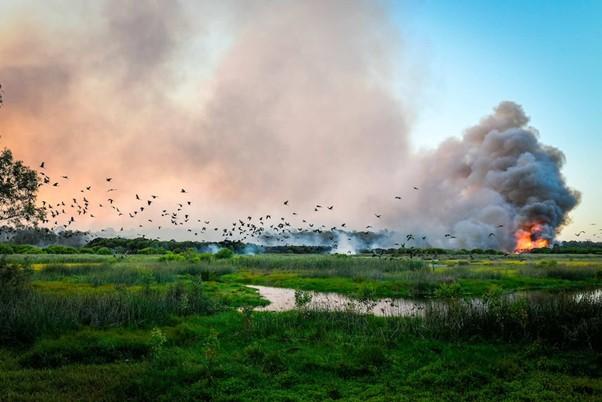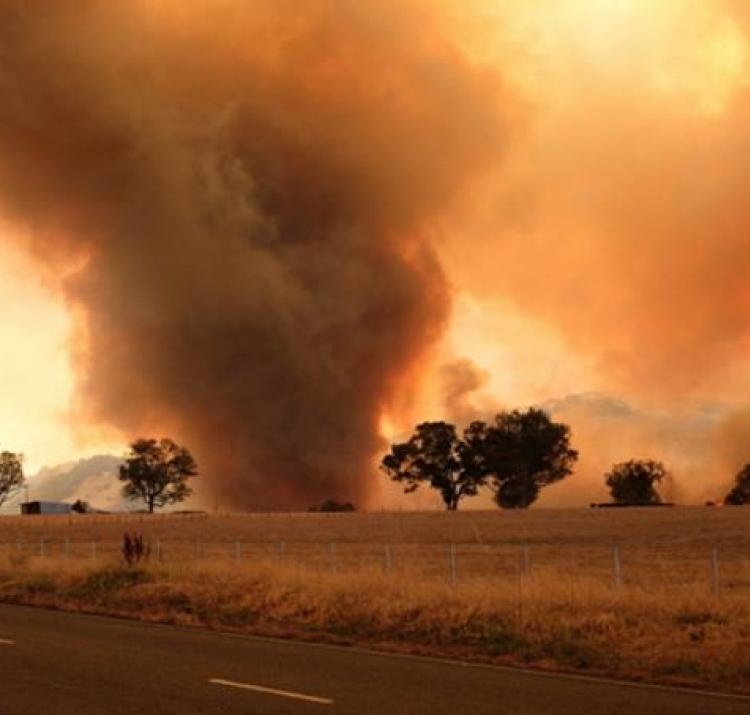Research leader
Research team
End User representatives
The 2019-20 fire season resulted in unprecedented fire activity across multiple states. Climate drivers and extended drought producing dry, flammable fuels were a key mechanism driving the broad spatial extent and prolonged nature of the campaign fires. However, on several high-end days embedded in the season, when Severe to Catastrophic fire danger was forecast, fire behaviour occurred that first responders and communities were unprepared for.
This project will simulate five of the most impactful events from the 2019-20 fire season using the coupled fire-atmosphere model ACCESS-Fire to investigate the processes and impacts of fire-atmosphere interactions. The fire case studies are: Yanchep (WA), Green Valley Talmalmo/Corryong (NSW/Victoria), Kangaroo Island (SA), Stanthorpe (Qld) and Badja Forest (NSW). The project will conduct a preliminary analysis of all simulations, and following discussion with stakeholders, a deeper analysis of the scientifically most interesting. This will further progress development and awareness of ACCESS-Fire capability. Continued application of the coupled model is consistent with growing international interest in understanding and prediction of fire-atmosphere feedbacks in a changing climate with increasingly frequent extreme fire events.
| Year | Type | Citation |
|---|---|---|
| 2021 | Report | Coupled fire-atmosphere simulations of five Black Summer fires using the ACCESS-Fire model - Black Summer final report. (Bushfire and Natural Hazards CRC, 2021). |




















